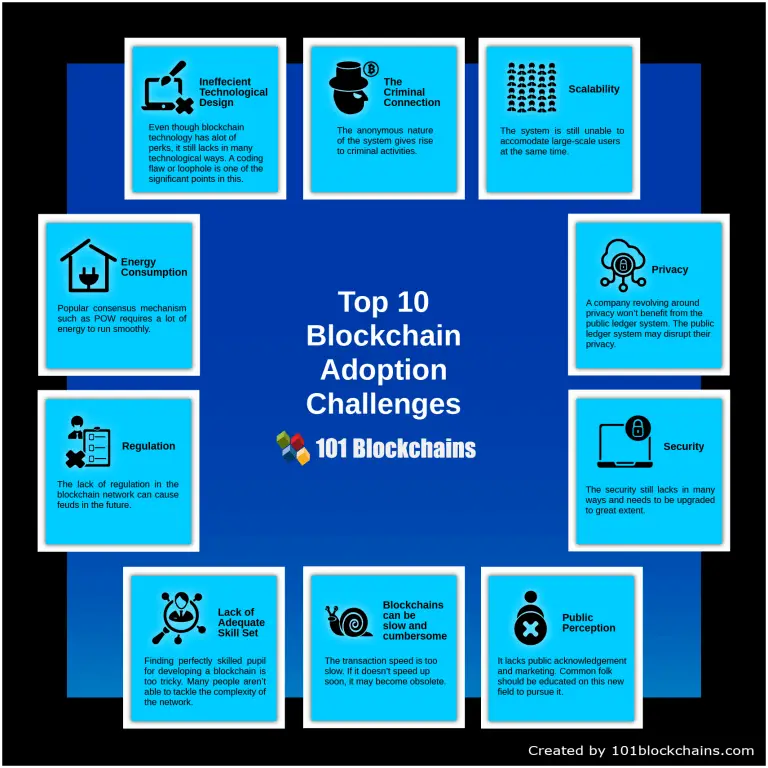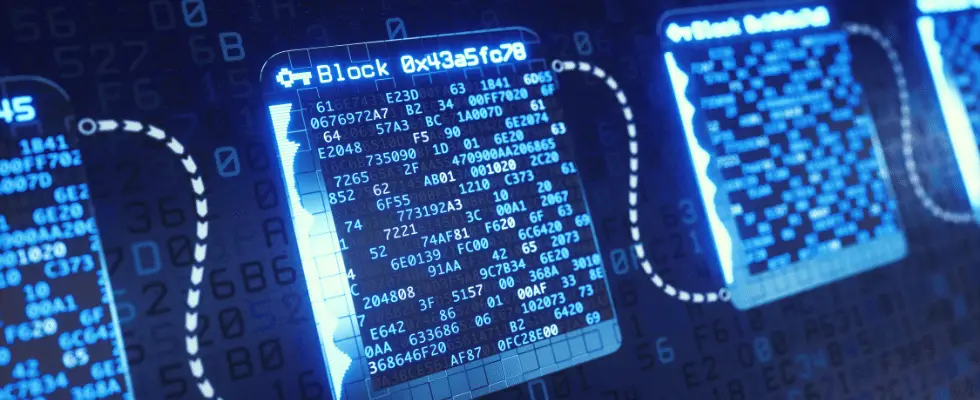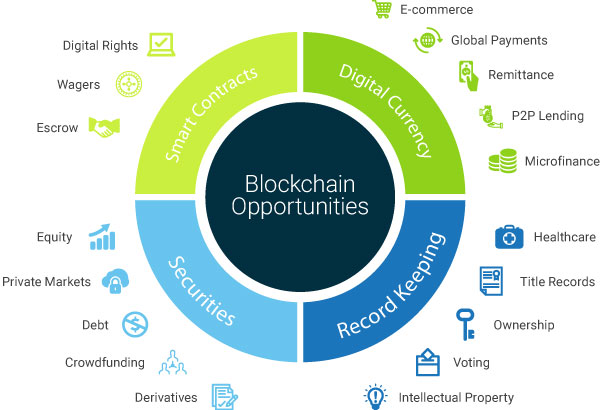Blockchain In Space: Opportunities And Challenges

Executive Summary:

Blockchain technology has the potential to revolutionize various sectors, and the space industry is no exception. This innovative technology offers numerous opportunities for enhancing space exploration, satellite communications, and other space-related activities. However, it also presents certain challenges that need to be addressed to fully harness the benefits of blockchain in space.

Introduction:
Space exploration and satellite communications are rapidly advancing fields that require secure and efficient systems for data transmission, storage, and processing. Blockchain technology, with its decentralized and immutable nature, can provide solutions to many challenges faced in the space industry.
Applications of Blockchain in Space:
Satellite Communication and Data Security:
- Secure data transmission: Blockchain can create secure channels for transmitting data between satellites and ground stations, protecting sensitive information from unauthorized access.
- Data integrity: The immutable ledger of blockchain ensures data integrity, preventing tampering and ensuring the authenticity of transmitted information.
- Decentralized network: Blockchain can establish decentralized satellite communication networks, reducing reliance on centralized infrastructure and enhancing resilience.
Space Exploration and Robotics:
- Autonomous navigation: Blockchain-based systems can provide autonomous navigation for spacecrafts, allowing them to adapt to changing conditions without human intervention.
- Deep space communication: Blockchain can facilitate reliable and efficient communication over long distances in deep space, enabling data transfer between remote spacecrafts and Earth.
- Robotic maintenance: Blockchain can be used to monitor and control robotic systems remotely, enabling real-time adjustments and repairs in space.
Space Resource Management:
- Tracking space resources: Blockchain can create a secure and transparent system for tracking and managing resources in space, such as raw materials and lunar water.
- Resource allocation: Blockchain can facilitate the fair and equitable allocation of space resources among different stakeholders, ensuring responsible utilization.
- Supply chain management: Blockchain can improve supply chain management for space missions, enhancing efficiency and reducing costs.
Spacecraft Design and Manufacturing:
- Design optimization: Blockchain can provide a platform for sharing spacecraft design data, allowing for collaboration and optimization across multiple teams.
- Quality control: Blockchain can ensure quality control in spacecraft manufacturing by tracking materials, processes, and testing data immutably.
- Supply chain transparency: Blockchain can enhance the transparency of the spacecraft supply chain, ensuring the authenticity of components and materials.
Challenges:
- Space environment: The harsh space environment, including radiation and extreme temperatures, poses challenges for implementing and maintaining blockchain systems.
- Scalability: Blockchain networks need to be scalable to handle the massive volumes of data generated in space exploration and satellite communication.
- Standards and interoperability: Establishing standards and ensuring interoperability among different blockchain systems used in space is crucial for seamless integration.
Conclusion:
Blockchain technology holds immense promise for revolutionizing the space industry. It can enhance data security, enable autonomous navigation, facilitate resource management, and improve spacecraft design and manufacturing. However, addressing the challenges related to the space environment, scalability, and standardization is essential to fully realize the benefits of blockchain in space. With continued research and innovation, this transformative technology can propel space exploration and satellite communications to new heights.
Keyword Tags:
- Blockchain in Space
- Satellite Communication Security
- Space Exploration
- Space Resource Management
- Spacecraft Design and Manufacturing
Frequently Asked Questions:
- Can blockchain be used for real-time satellite communications?
- Yes, blockchain can create secure and low-latency communication channels between satellites and ground stations, enabling real-time data transmission.
- How can blockchain improve the security of space exploration missions?
- Blockchain provides immutable data storage, ensuring that critical mission data cannot be tampered with or lost, enhancing the overall security and reliability of space exploration.
- What role can blockchain play in managing space resources?
- Blockchain can create transparent and auditable systems for tracking, allocating, and managing space resources, ensuring fair utilization and preventing conflicts.
- How does blockchain differ from traditional methods of spacecraft design?
- Blockchain allows for secure collaboration and data sharing among multiple design teams, optimizing spacecraft design and enabling innovative approaches.
- What are the main challenges of implementing blockchain in space?
- The harsh space environment, scalability requirements, and the need for interoperability among different blockchain systems pose significant challenges that need to be addressed.
